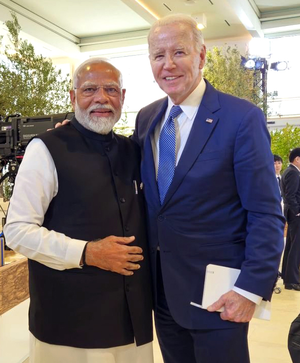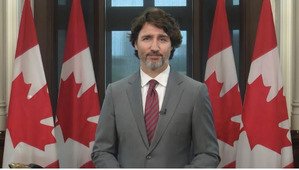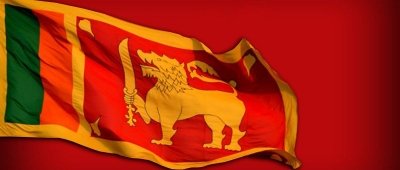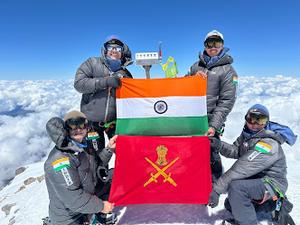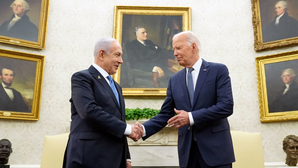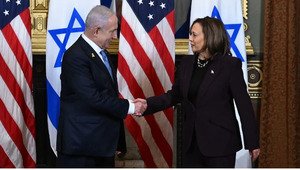Doha, March 15 (QNA) – Successive developments are emerging from Syrian peace talks (Astana 3) being held under the auspices of the United Nations in the Kazakhstan capital Astana. After the peace talks collapsed due to the opposition boycott announced yesterday, hope is restored to the talks again as political circles are awaiting the arrival of seven representatives of Syrian opposition to participate in the talks focusing on military issues.
The Kazakh Foreign Ministry on Wednesday announced the extension of the talks to tomorrow (Thursday) – a reference to the intention of the parties not to miss the opportunity to negotiate ahead of the talks on the Syrian crisis (Geneva 4) as part of an international effort to end the conflict.
The third round of Syria reconciliation talks in Astana is being extended for one day in the anticipation of arrival of Syrian armed opposition representatives to the negotiations, the Kazakh Foreign Ministry’s Asia and Africa Department Director General Aidarbek Tumatov told Russian Sputnik on Wednesday. Sputnik reported Tumatov as saying that the representatives of the Syrian opposition will attend talks particularly devoted to the military aspect.
Astana 3 talks are followed up regionally and internationally owing to their importance in finding political solutions to the Syrian crisis, which entered its six years and left casualties, destruction and displacement. It is hoped that these talks would constitute a turning point in the history of the Syrian crisis, leading to the cessation of hostilities and respect of truce. Given the speed with which events are unfolding, there is a need for a clear solution with minimal losses away from scenarios that see a solution in the establishment of ‘safe zones’ as in US President Donald Trump’s proposal to raise the level of representation of the participation of the US delegation in Astana 3 and to be chaired by US Ambassador to Kazakhstan George Krol, – a reference that the US might be seeking to impose a fait accompli ‘safe zones’ situation to set up no-fly zones to accommodate Syrian refugees rather than allowing them to enter the United States. The US president agreed with Russian President Vladimir Putin to establish a secure US, Russian and Turkish zones in Syria, and according to the system of these zones the three powers will have military control in Syria and the borders of these zones will be demarcated by them.
In this regard, Russian Foreign Minister Sergei Lavrov said that President Trump should be more specific about his proposal to set up safe zones in Syria and said attempts to implement a similar policy in Libya had been tragic. Lavrov said he hoped Russia could discuss the issue with the US State Department once it had drawn up more detailed plans for the safe zones. Lavrov said he did not think, from what he knew so far, that Trump was proposing to roll out safe zones in the same way as it had been done in Libya in 2011.
Earlier, Turkey and Russia said they had not been consulted with regard to Trump’s proposal to set up safe zones in Syria. Moscow said it was important not to “exacerbate the situation”, while Ankara said a safe zone had already been set up under its auspices. A senior opposition official said a safe-zone plan was probably unworkable at this stage in the Syrian conflict.
In a related development that coincides with Astana 3, United Nations Special Envoy for Syria Staffan de Mistura announced that the next round of talks between the Syrian government and the opposition groups are planned to take place in Geneva on March 23.
At a time when the European Union welcomed the efforts of Russia, Turkey and Iran to safeguard the ceasefire in Syria and declared that it will continue to support Geneva talks following the end of a round of talks (Geneva 4) earlier this month, the agenda of the next round of talks has several issues to negotiate including government, constitution and elections.
Delegates from the three countries sponsoring the talks – Russia, Turkey, and Iran – were present at the discussions on March 14 in Astana, but Syrian opposition groups said the previous day they would not attend, accusing the Syrian government and its backer Russia of failing to adhere to a cease-fire brokered in December.
The EU foreign affairs chief Federica Mogherini welcomed the efforts being exerted by Russia, Turkey and Iran to implement cease-fire in Syria, saying: “The EU will continue to provide direct assistance to the Geneva negotiations, through international mediation, including discussions on technical matters, in order to end the war there and determine Transitional Authority standards, according to UN Security Council resolution 2254 and the statement of Geneva. ” There are several factors that led to the complexity of Astana Talks III led by international divisions on the process, especially with regard to the alleged Turkish-Russian disagreement on the agenda and the priorities. Turkey, along with the Syrian opposition call for the consolidation of the cease-fire and an effective control over it before dealing with political issues of the Syrian crisis, while Moscow is trying to impose political discussions and the political future of Syria on the meeting’s agenda. The third round of Astana talks is expected to discuss mechanisms of monitoring cease-fire, punishing any party that violates the truce and bringing a cessation of hostilities into effect.
Guarantors of the Truce Agreement in Syria, Russia, Turkey and Iran are scheduled to sign a document on the formation of a monitoring group of ceasefire and its mechanisms. The government of the Syrian regime has expressed keenness to agree on a prisoner swap deal against kidnapped by armed groups, described earlier by a spokesman for “Armed Factions” Osama Abu Zeid as a” hoax,” noting that the number of detainees by the regime far exceeds the few hostages captured by the opposition.
Abu Zeid had earlier said that the faction has decided not to participate in the third round of Astana Talks due to the non-implementation of the cessation of hostilities agreement. The opposition cast doubt on the Syrian regime’s commitment to the ceasefire agreement or its real intention to free any prisoners, he added.
In this context, a military official at the free Syrian army breaches of the truce committed by the regime without any interference from the Russian party to stop them as promised. The decision to boycott to the third round of the Astana talks reflects the opposition’ s keenness to deeply study Syria’s future, which faces significant challenges varying between the possible division and the safe zones. (END)


